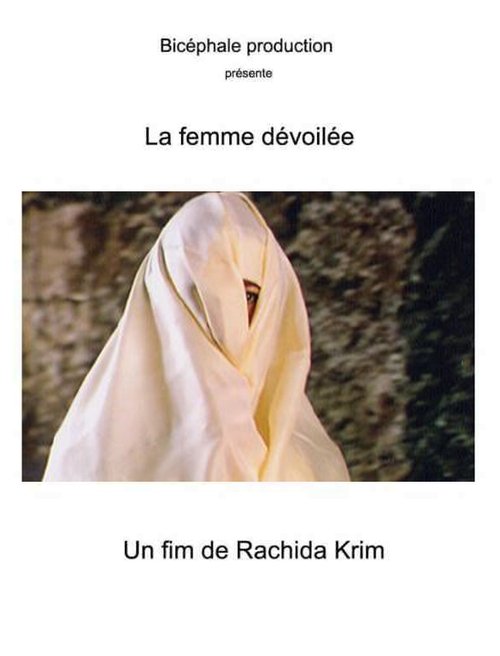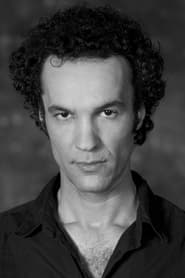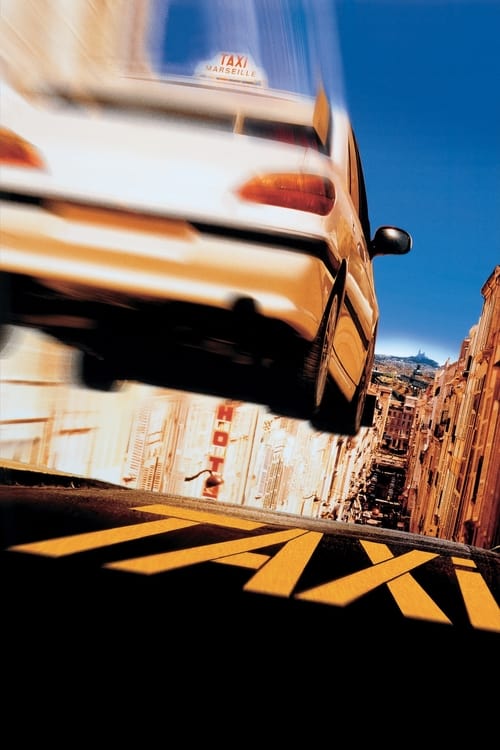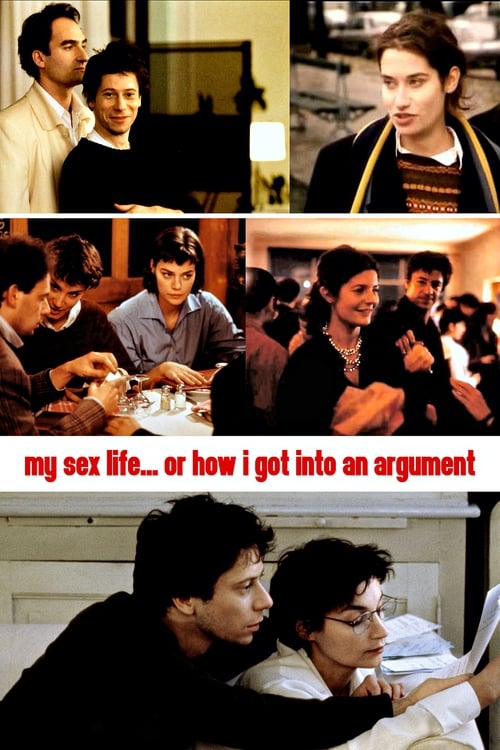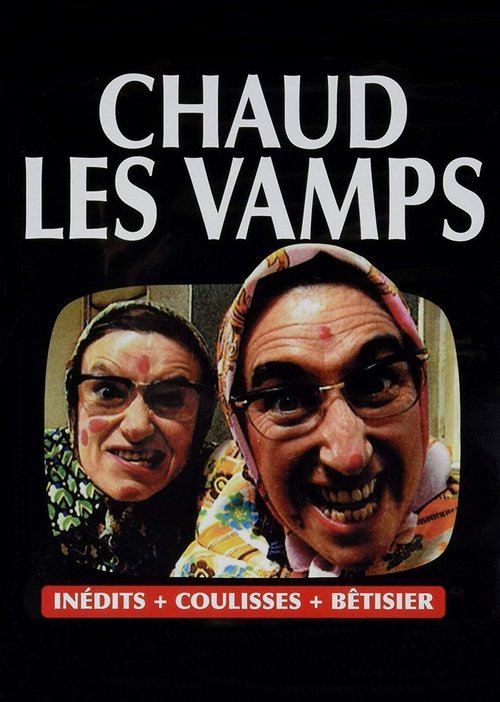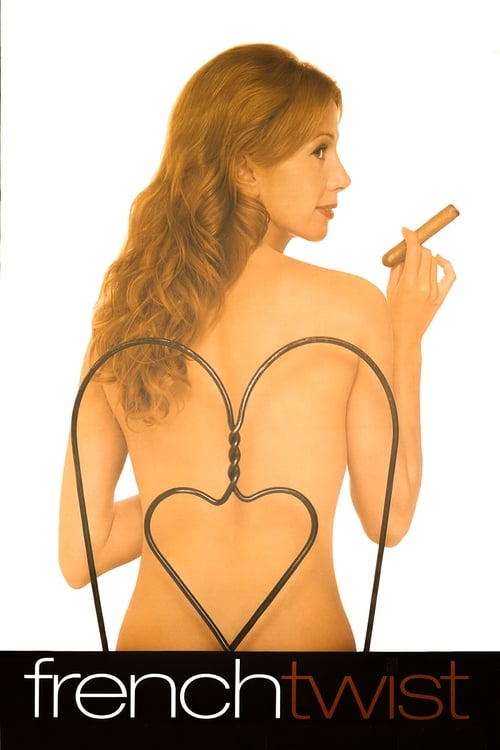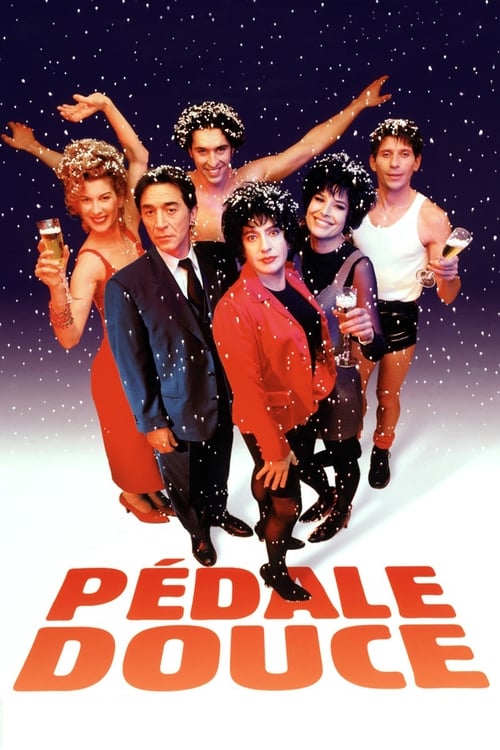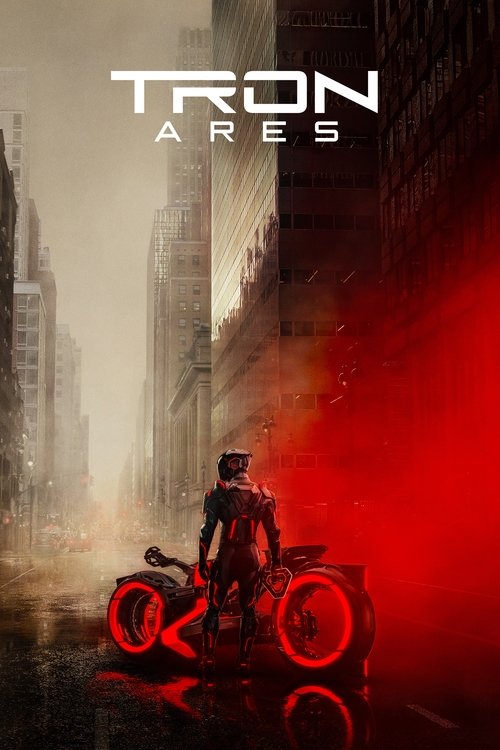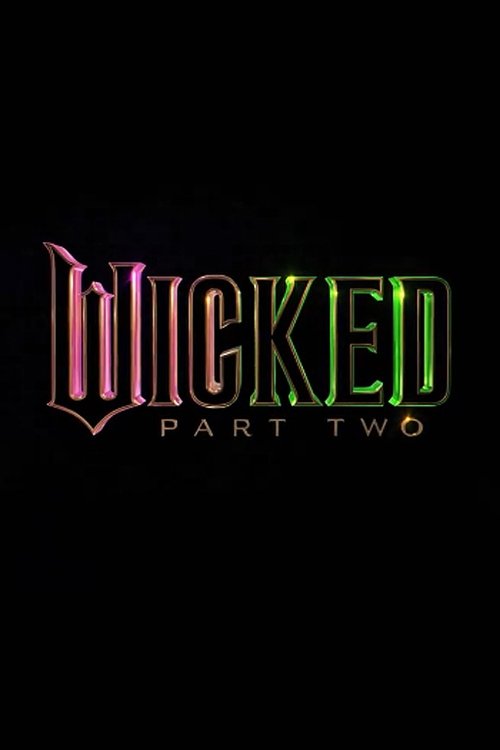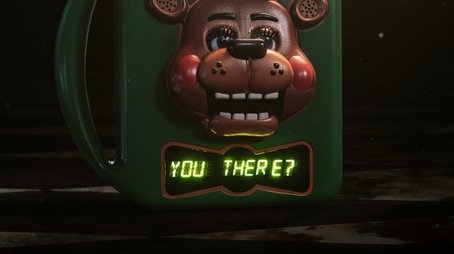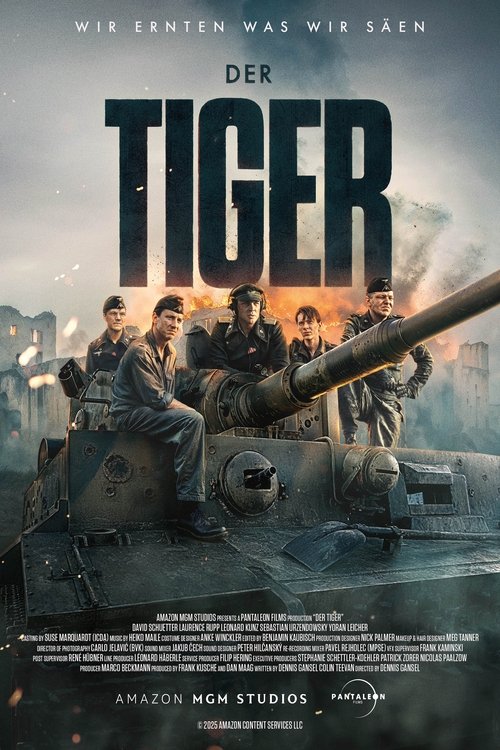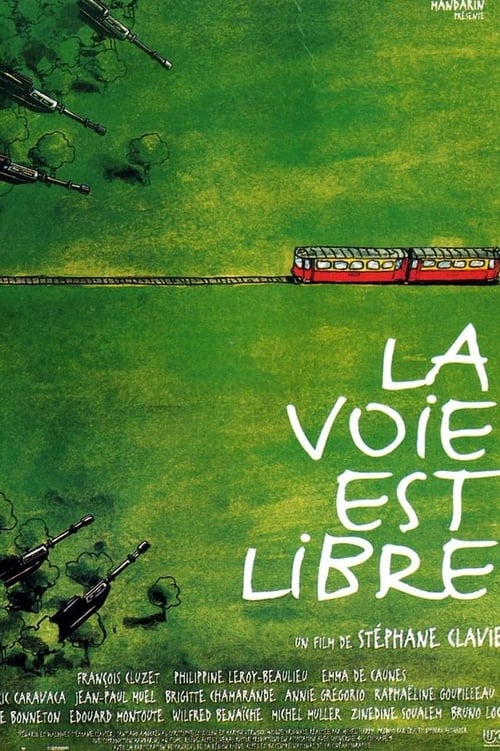
Ask Your Own Question
What is the plot?
The sun hangs heavy over Oran, Algeria, casting a pale, dusty light across the city's narrow streets and crumbling facades. The air is thick with the scent of salt from the nearby Mediterranean and the faint, metallic tang of urban decay. It is a day like any other, one that stretches endlessly before five young men who have nothing to do and nowhere to be. They gather on a cracked sidewalk, their bodies slumped against the warm stone of a shuttered shop, their voices low and aimless. Their names are never spoken, but their presence is unmistakable: Harath, the one who will take the bet most seriously; the others, faceless in their collective boredom, their laughter hollow and forced.
They have been friends for years, bound together by the inertia of unemployment and the slow erosion of hope. Their days are spent in this way--talking about nothing, watching the world pass by, waiting for something to happen. But nothing ever does. The city is quiet, the rhythm of life sluggish, and the weight of their idleness presses down on them like the heat. Harath leans forward, his eyes scanning the street, his fingers tapping restlessly against his knee. "We need something," he says, his voice tinged with frustration. "Anything."
The others murmur in agreement, their gazes drifting to the pavement. One of them, the most restless, straightens up and grins. "Let's make a bet," he says. "Whoever follows and flirts with the first woman who walks by wins." The idea is met with laughter, but there is an edge to it, a nervous energy that crackles beneath the surface. They all know what this means. They have done it before, in different forms, but never with such a deliberate challenge. Harath's eyes light up. "I'll do it," he says, his voice firm. "I'll win."
The others nod, their amusement turning into something sharper, more anticipatory. They settle back, their attention fixed on the street, waiting. The camera lingers on their faces, capturing the subtle shift in their expressions--the way their boredom gives way to a kind of predatory focus. The city continues to move around them, indifferent to their game, but the tension is palpable, a low hum that builds with every passing second.
Then, she appears.
A woman walks into view, her steps measured, her head held high. She is dressed simply, her clothes modest but not ostentatious, her presence unassuming. She does not look at the men, does not acknowledge them. She is just another passerby, another face in the crowd. But to the group, she is the prize, the object of their bet. Harath rises to his feet, his movements deliberate, his eyes locked on her. The others watch, their amusement now tinged with something darker, something that borders on complicity.
Harath begins to follow her, his steps slow and deliberate, his gaze fixed on her back. The camera stays close, capturing the way his shadow stretches out behind him, merging with hers as he draws nearer. The woman does not turn, does not quicken her pace. She walks as if she is alone, as if the world is still and silent. But the tension is unbearable, a coiled spring that threatens to snap at any moment.
Harath calls out to her, his voice low but insistent. "Excuse me," he says, his words cutting through the quiet. The woman does not respond. She keeps walking, her head held high, her steps steady. Harath persists, his voice rising slightly. "I said, excuse me." Still, she does not turn. The others watch from a distance, their laughter now muted, their faces tense.
Harath quickens his pace, closing the gap between them. He reaches out, his hand brushing against her arm. "Hey," he says, his voice sharper now. "I'm talking to you." The woman finally stops, her body stiffening, her face turning toward him. Her eyes are wary, her expression guarded. "What do you want?" she asks, her voice calm but firm.
Harath grins, his confidence returning. "I just wanted to talk," he says. "You're beautiful." The woman does not smile. She looks at him, then at the others, who are now watching from a distance. "Leave me alone," she says, her voice steady. "I don't want to talk."
Harath's grin falters. He takes a step closer, his voice dropping to a whisper. "Come on," he says. "Don't be like that." The woman takes a step back, her eyes narrowing. "I said leave me alone," she repeats, her voice firmer now. "I don't want any trouble."
Harath's expression darkens. He reaches out again, his hand gripping her arm. "You're not going anywhere," he says, his voice low and threatening. The woman struggles, her body tensing, her eyes wide with fear. "Let go of me," she says, her voice trembling. "Let go!"
The others watch, their faces frozen, their laughter gone. One of them steps forward, his voice hesitant. "Harath, stop," he says. "She doesn't want to talk." Harath ignores him, his grip tightening. "She's just playing hard to get," he says, his voice harsh. "She'll come around."
The woman twists free, her arm slipping from his grasp. She takes a step back, her breath coming fast, her eyes darting between Harath and the others. "I don't want any trouble," she says again, her voice shaking. "Just leave me alone."
Harath takes another step forward, his eyes blazing. "You're not going anywhere," he says, his voice low and dangerous. The woman turns and runs, her footsteps echoing against the pavement. Harath starts after her, his movements quick and determined. The others watch, their faces pale, their voices silent.
The chase is brief but intense. The woman runs down the street, her breath coming in short gasps, her heart pounding in her chest. Harath follows, his footsteps heavy, his breath ragged. The camera stays close, capturing the way the city seems to close in around them, the way the shadows stretch and twist, the way the tension builds with every step.
Then, suddenly, it is over. The woman disappears around a corner, her figure swallowed by the maze of streets. Harath stops, his chest heaving, his face flushed with anger and frustration. He stands there for a moment, his eyes scanning the empty street, his hands clenched into fists. The others approach, their faces tense, their voices low.
"Let it go, Harath," one of them says. "She's gone."
Harath turns to them, his eyes blazing. "She's just playing hard to get," he says, his voice harsh. "She'll come back."
The others exchange glances, their faces pale, their voices silent. They know better. They know that the woman will not come back, that the game is over, that the consequences of their actions are already unfolding. They turn and walk away, their steps slow and heavy, their heads bowed.
Harath stands there for a moment, his eyes fixed on the empty street. Then he turns and follows them, his footsteps echoing against the pavement. The camera lingers on the empty street, capturing the way the shadows stretch and twist, the way the tension lingers in the air, the way the city seems to hold its breath.
The film ends with the group walking away, their figures swallowed by the maze of streets. The woman is gone, her presence erased, her story untold. The camera stays on the empty street, capturing the way the shadows stretch and twist, the way the tension lingers in the air, the way the city seems to hold its breath. The final shot is of the empty street, the way the shadows stretch and twist, the way the tension lingers in the air, the way the city seems to hold its breath.
There are no deaths, no revelations, no secrets uncovered. The film is a quiet, understated exploration of boredom, social tension, and the objectification of women in a patriarchal society. The climax is marked by a tense confrontation with the woman, and the ending emphasizes the social and emotional impact of the group's actions. The film uses visual storytelling and dialogue to convey its message, leaving the audience with a sense of reflection on the broader social issues at play.
What is the ending?
In the ending of "La dévoilée femme," the main character, after a tumultuous journey of self-discovery and confrontation with societal norms, ultimately embraces her identity and desires. The film concludes with a poignant moment of liberation, where she stands firm in her choices, leaving behind the constraints that once bound her.
As the final scenes unfold, we see the protagonist, a woman named Leila, standing at a crossroads in her life. The atmosphere is charged with tension as she reflects on her past decisions and the expectations placed upon her by family and society. The camera captures her contemplative expression, revealing the weight of her internal struggle.
In the next scene, Leila confronts her family, who have gathered in a tense atmosphere filled with unspoken words. Her mother, embodying traditional values, pleads with her to reconsider her choices, her voice trembling with a mix of fear and desperation. Leila, however, stands resolute, her eyes filled with determination. She articulates her desire for autonomy and the right to define her own path, a moment that is both empowering and heartbreaking.
The scene shifts to Leila's partner, who has been a source of support throughout her journey. He watches her with admiration, understanding the significance of this moment. His presence symbolizes the possibility of love that transcends societal boundaries. As Leila speaks, the camera alternates between her and her partner, capturing the unspoken bond they share, a testament to their mutual respect and understanding.
As the confrontation reaches its climax, Leila's family reacts with a mix of anger and sorrow. Her father, a figure of authority, struggles to maintain control, but the emotional weight of the situation becomes too much for him. He ultimately walks away, unable to reconcile his expectations with his daughter's newfound independence. This moment signifies a fracture in their relationship, highlighting the generational conflict between tradition and modernity.
In the final scene, Leila steps outside, the sunlight bathing her in a warm glow. She takes a deep breath, symbolizing her release from the burdens of her past. The camera captures her walking away from her family home, each step representing her commitment to her own identity. The film closes with a lingering shot of her silhouette against the horizon, embodying hope and the promise of a new beginning.
In summary, the ending of "La dévoilée femme" encapsulates Leila's journey towards self-acceptance and the complexities of familial relationships. Each character's fate is intertwined with the central theme of liberation, as Leila chooses to embrace her true self, while her family grapples with the loss of their traditional expectations.
Is there a post-credit scene?
La dévoilée femme, produced in 1998, does not feature a post-credit scene. The film concludes its narrative without any additional scenes or content after the credits roll. The story wraps up in a way that leaves the audience with a sense of closure regarding the characters and their journeys, focusing on the themes explored throughout the film.
What motivates the main character to seek revenge throughout the film?
The main character, a woman named Anna, is driven by a deep sense of betrayal and loss after her husband is murdered. Her emotional turmoil and desire for justice propel her into a world of violence and retribution, as she grapples with her grief and the need to confront those responsible for her husband's death.
How does Anna's relationship with her best friend evolve during the film?
Initially, Anna's best friend, Claire, is supportive and unaware of the darker path Anna is taking. As Anna becomes more consumed by her quest for revenge, Claire grows increasingly concerned and conflicted, leading to tension between them. This evolution highlights the strain that Anna's choices place on their friendship, ultimately culminating in a confrontation that tests their loyalty and understanding.
What role does the antagonist play in Anna's transformation?
The antagonist, a powerful crime lord named Marco, represents the embodiment of the corruption and violence that Anna seeks to dismantle. His ruthless nature and personal connection to her husband's death serve as a catalyst for Anna's transformation from a grieving widow to a vengeful force. As she confronts Marco, her internal struggle between her humanity and her thirst for vengeance becomes increasingly pronounced.
What significant event triggers Anna's descent into the criminal underworld?
The significant event that triggers Anna's descent into the criminal underworld is the brutal murder of her husband, which she witnesses. This traumatic experience shatters her world and ignites a fire within her to seek out those responsible, leading her to infiltrate the very criminal networks that took her husband from her.
How does the film depict Anna's internal conflict between love and vengeance?
Throughout the film, Anna grapples with her memories of love for her husband and the overwhelming desire for vengeance against those who wronged her. Flashbacks of tender moments with her husband juxtapose with her current violent actions, illustrating her internal conflict. This duality creates a rich emotional landscape, as she struggles to reconcile her love for the past with the harsh reality of her present choices.
Is this family friendly?
"La dévoilée femme," produced in 1998, contains several elements that may not be suitable for children or sensitive viewers. The film explores themes of sexuality, identity, and personal struggle, which are depicted through various scenes that may be considered objectionable.
- Sexual Content: The film includes explicit sexual situations and nudity, which may be inappropriate for younger audiences.
- Emotional Turmoil: Characters experience intense emotional conflicts, including feelings of shame, confusion, and vulnerability, which could be distressing for sensitive viewers.
- Themes of Identity: The exploration of personal and sexual identity may be complex and challenging for younger viewers to understand.
- Mature Language: The dialogue may include strong language and adult themes that are not suitable for children.
Overall, the film's mature themes and explicit content suggest that it is not family-friendly and may be better suited for adult audiences.

